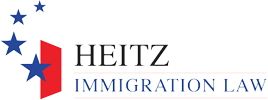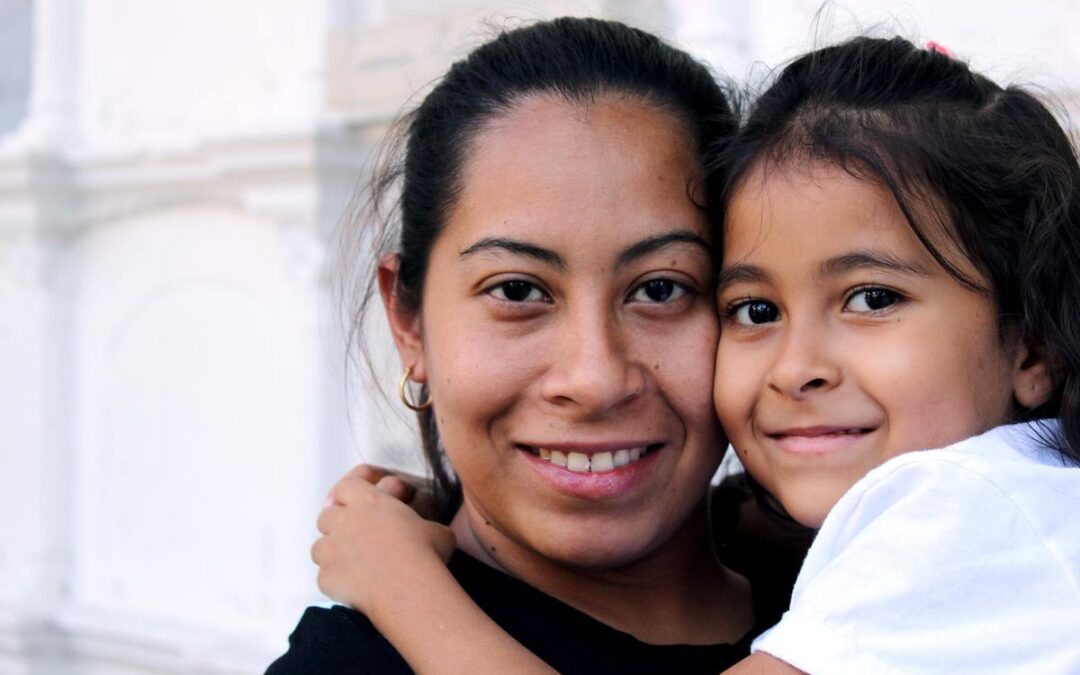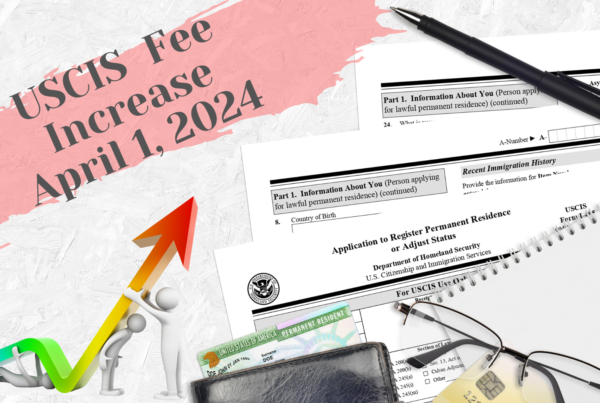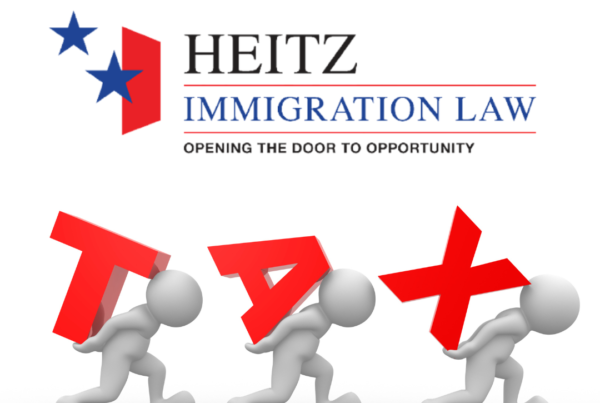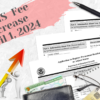It is important to U.S. Citizenship and Immigration Services (USCIS) that the people they grant green cards to do NOT become public charges. A public charge is someone who relies on public benefits due to their financial situation. In other words, they depend on the government for subsistence in some way, be it through SNAP (food stamps), Section 8 Housing, Supplemental Security Income (SSI), or other programs.
As of February 24, 2020, there is a new rule in place that increases the criteria affecting the determination of who is likely to become a public charge. Anyone who is seeking admission to the United States on an immigrant visa (applying for a green card from outside the United States) or seeking adjustment of status (applying for a green card while already in the United States) will now be subject to the public charge inadmissibility rule, which means that if they appear likely to become a public charge, their application can be denied.
How will USCIS measure whether or not I am likely to become a public charge?
If you are applying for adjustment of status, you will now have to fill out an I-944 form. If you are applying for an immigrant visa you will need to complete the new DS-5540 form.
Either way, multiple factors will be considered. Are you young enough and healthy enough to be employable? Do you have any education or skills that make you more employable? Do you speak English well enough to get a job in the United States? How big is the household you will have to support? What is your employment history like? Have you relied on public benefits at all in the past? Do you have health insurance?
What about the I-864 financial affidavit of support?
This document is used to show that you have access to financial support from your sponsor. In the case of a family petition, this is the family member who is sponsoring you for your green card. This form will detail your sponsor’s finances and document that they are committed to providing you with financial support that will keep you from becoming a public charge.
If your sponsor’s financial help is not sufficient (i.e. if they don’t earn enough money), a joint sponsor may be needed. This person can be anyone who is either a U.S. citizen or green card holder, and it’s preferable that they are a close family member. They will also have to prove they can provide the required support. However, with the new increased scrutiny on public charge, it is preferable to avoid using a joint sponsor. Instead, the applicant would be wise to take measures to increase his or her own current income if at all possible (that is, if he or she has lawful work authorization), and for the petitioner to also do whatever possible to increase their income.
Is anyone exempt from the new Public Charge Inadmissibility Rule?
Yes. Asylum seekers, VAWA petitioners, and those seeking U or T visas (for victims of violence or human trafficking) do not need to prove that they will not become a public charge.
Who can help me with my immigration situation?
If you are seeking a green card, or dealing with any other legal issue related to immigration, you need a knowledgeable and experienced attorney. The Heitz Immigration Law team is here to help. To learn more about how we can assist you, please give us a call at (561) 290-0101. We look forward to hearing from you!
